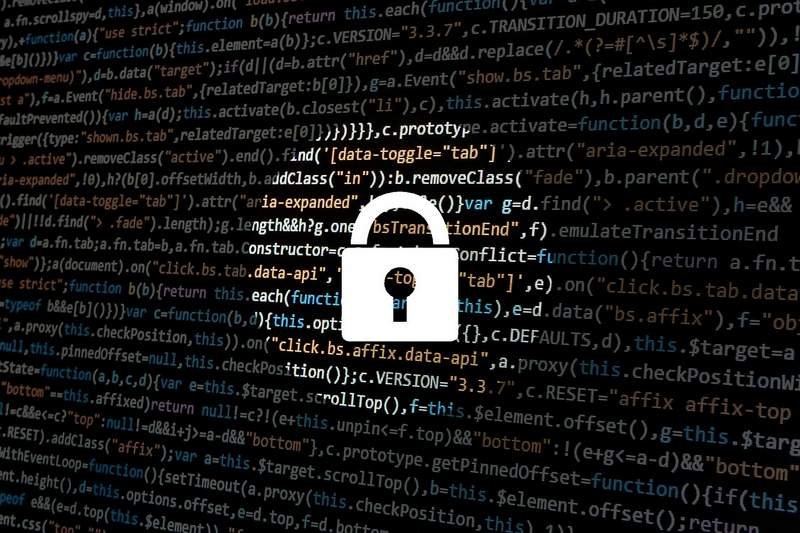Doxing is one of the newest terms on the Internet when it comes to social media and personal data. You might not know what it is, but that does not make any less of a threat or a problem as the spread of unwanted data breaches continues to ramp up.
Doxing is the process where a user’s private information is collected and then spread across multiple platforms, including social media, and published publicly. There are plenty of legitimate reasons for your private information to be collected: insurance companies do it to assess risk and credit score companies do it for banks and for individuals looking to assess their scores. It can also be part of research experiments if you give them the right to do so.

Unfortunately, it can be done for the wrong reasons as well, usually, the result of hacking with the intent to hold someone’s information for ransom, shame them, or just as a vicious act of cybercrime.
Social engineering – particularly phishing attacks – is one of the most devastating ways in which a doxing attack can occur. Not only is this a danger to people online when their information can be viewed and abused by anyone, but it is also a threat to their physical safety, considering the information in doxing includes their full name, address, and phone number. If actual thieves and criminals get ahold of this, it’s a short trip to the person’s home for theft or any other number of nasty incidents.
How can individuals keep themselves from falling prey to this sort of attack? These tips can help minimize the risk.
Unique Usernames for Accounts and Social Media
If you are on Facebook, Twitter, and Instagram, stretch your virtual legs and come up with unique usernames for all three social networks. If someone is trying to break into your life or is stalking you online, calling yourself the same username on all three is a quick way for someone to get a huge amount of access to your online presence. Mix it up and don’t let them have the chance.
Make All Social Media Accounts Private
If no one can see your account page, they can’t start picking at things like your username, your birthdate, where you live, and who your friends are. These are all vital pieces of information that a hacker can piece together to figure out enough information to start guessing your password or pretending to be you, keep it private and don’t let them!
Watch out for App Permissions
They’ll come up in a flash when you download a fun new app, not realizing that it might be asking for you to give permission to way more information than that app needs. It might just be for marketing information but read the fine print carefully to avoid hurting yourself.
Use a VPN
VPNs let you keep your Internet activity hidden by using an encrypted connection and masking your actual IP address with a temporary one. They can also slow down your connection, but it definitely keeps the watchers from watching you.
Use a Password Manager
If you’re worried that someone is spying on you, a smart choice is to start using a password manager. A company like Dashlane can file all your passwords into a secure vault and change them whenever required. A master password known only by you keeps everything else safe.





